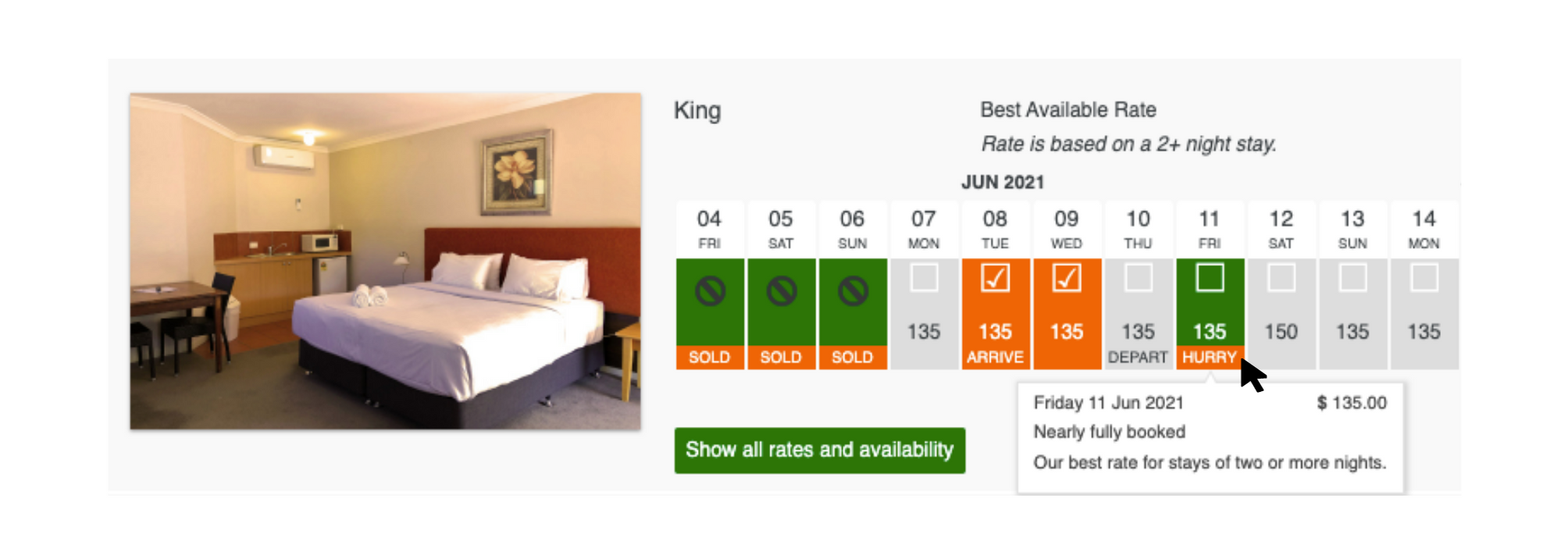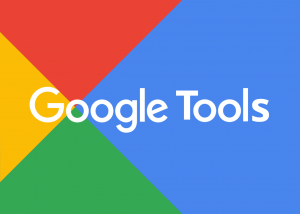Humans now have an average attention span shorter than that of a goldfish. After just 8 seconds, we tend to get distracted and that time shortens even further in the online world. This has also reduced from an average of 12 seconds just 20 years ago.
So how do you keep your guests focused long enough for them to complete a booking?
Reducing bounce rates
Bounce rate is the percentage of people who land on your website and then leave or “bounce” off without interacting with your content. Content that is irrelevant, boring or too complicated can lead to high bounce rates.
As soon as guests land on your website, you should be providing value. Make everything easy to find with clear navigation, a logically structured menu and a direct call to action.
Promote the actions you want guests to take right from your home page. Pop-up price comparisons and relevant special offers are a great way to cut through the clutter and boost conversion. This can be all it takes to encourage guests who are just browsing to book.
Things to remember:
- Use high-quality video content and images to immediately capture engagement- read about professional photography here
- Implement a pop-up widget to compare rates with OTAs and highlight value
- Advertise relevant special offers right from your home page
- Include a clear navigation menu with logical headings and subheadings
The user experience
As many as 90% of online travel bookings are abandoned before completion. Again, distraction plays a part here, so your booking process needs to be fast and logical.
It’s important to think about how many clicks guests are required to make and how easy it is to adjust and input information. If a guest receives a vague “sorry, we’re full” message for their search dates, they might decide it’s easier to just leave your website and try their luck through a competitor or online travel agent.
Providing options and suggestions of the next available dates makes it so much easier for guests to retain their interest in booking with your property. Clearly differentiate sold out from available dates to give guests the flexibility and create urgency which will in turn boost conversion.

Guests also can’t make a booking if they can’t find your booking engine. A booking panel that remains visible on every page helps guests easily initiate a booking from any page of your website.
If you don’t like a full panel, at least ensure a ‘BOOK NOW’ button is easily visible and accessible. Use bright and bold colours to grab attention.
Focus on conversion marketing
Social media and email marketing are essential to boost conversion. But once again, guests can get lost somewhere between seeing your ads and completing a booking on your website.
Use clear directives in your marketing material to get guests clicking through to specific pages on your website. Individual, bookable landing pages for special offers and packages make it so easy to channel guest focus from initial interest, through to finalising a booking.
This way, guests see marketing material about a special at your property, click a button to take them to a unique landing page with more information about the special and can book right then and there. You can read more about landing pages to boost marketing here.
Summary
Particularly online, people are bombarded with more information than ever before. There are some simple ways you can cut through the noise to keep guests focused while making a booking to help increase conversion.
- Reduce bounce rates with relevant, engaging and informative content
- Highlight key aspects such as the benefits of booking direct with a pop-up (we have a great one!)
- Use clear, direct call to actions and a logical navigation structure
- Ensure your booking engine facilitates a seamless process and provides suggestions and alternative options for guests
- Use bookable landing pages for unique offers to support marketing efforts



